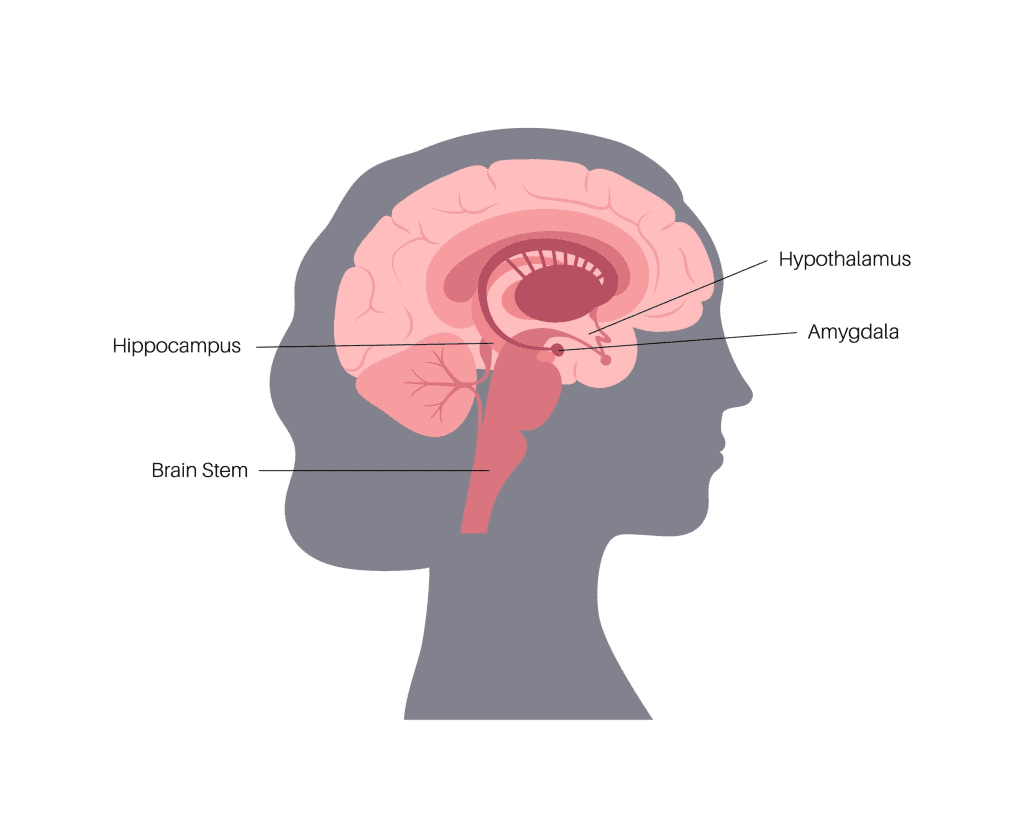Do you ever feel like your mind is wrapped in a thick fog during menopause? You’re not imagining it—and according to new research, low iron levels might be playing a bigger role than anyone realized. While hormones usually get the blame, scientists now suggest that iron, the quiet powerhouse nutrient, could be the missing link to sharper thinking during midlife.
Let’s dig into why your brain might be slowing down, how iron connects to cognition, and what simple steps you can take to start feeling mentally clearer again.

Understanding Brain Fog in Menopause
Hot flashes, mood swings, sleepless nights—menopause gets all the credit for shaking up your life. But there’s another subtle symptom that often flies under the radar: brain fog. That sluggish, can’t-focus, where-did-I-put-my-keys feeling can be frustrating, especially when it shows up at work, in conversations, or when you’re just trying to function.
Brain fog isn’t just about forgetfulness. It can feel like your mind is moving in slow motion, even if your to-do list is sprinting ahead without you. For years, this was chalked up to hormonal chaos, but new findings suggest there’s more going on beneath the surface—particularly with your iron stores.
Iron’s Surprising Role in Mental Clarity
A recent study published in Nutrients turned heads by linking iron levels with cognitive performance in menopausal and perimenopausal women. Even women who weren’t technically “iron deficient” but had low-normal levels showed slower reaction times and trouble concentrating. That’s huge.
The connection isn’t random—iron is essential for oxygen transport and energy production in the brain. It also helps your body make dopamine, a key chemical that influences mood, attention, and memory. If your brain isn’t getting enough of what it needs, the fog starts to settle in.
Video : Brain Fog and Menopause
But Wait—Isn’t Too Much Iron Bad?
Here’s where the study gets really interesting. It found that boosting blood iron levels improved brain function without causing dangerous iron buildup in the brain. That’s important, because previous research warned that high brain iron might increase the risk of diseases like Alzheimer’s or Parkinson’s.
This new evidence suggests that you can safely improve your iron status to enhance focus and mental sharpness—without damaging long-term brain health.
Why Menopause Changes Iron Balance
Before menopause, women lose iron regularly through menstruation. Once periods stop, you’d think iron wouldn’t be an issue anymore, right? Not exactly.
During menopause, shifting estrogen levels can change the way your body processes and stores iron. Some women may absorb it less efficiently or use it differently in the brain—even if they’re no longer losing it monthly. That’s why it’s possible to have symptoms of low iron even after menopause begins.
And here’s the kicker: many doctors don’t routinely test for iron unless there are signs of full-blown anemia. That leaves a lot of women in a gray area—technically not deficient, but still not functioning at their best.
Signs Your Iron Might Be Low (Even Without Anemia)

Not every woman with brain fog has an iron issue, but if you’re checking several of these boxes, it may be worth asking your doctor for a simple blood test:
- Trouble focusing or completing tasks
- Slower thinking or verbal recall
- Mild visual changes (blurry or strained eyes)
- Low energy, even after a full night’s sleep
- Subtle mood swings or anxiety
These aren’t just random symptoms—they’re clues your body may not be getting enough of the iron it needs for mental performance.
Boosting Iron the Safe and Smart Way
Good news: you don’t need massive doses of iron pills to see a difference. In fact, going overboard can backfire and cause side effects like constipation or nausea. Instead, gentle adjustments in your diet and routine can help improve your levels gradually and safely.
Here are smart, simple strategies to increase iron intake:
1. Eat more iron-rich foods:
- Red meat (especially liver and lean cuts)
- Spinach, kale, and other dark leafy greens
- Lentils, chickpeas, and beans
- Tofu and tempeh
- Pumpkin seeds and sunflower seeds
- Fortified breakfast cereals
2. Pair iron with vitamin C:
Your body absorbs iron much better when you eat it alongside vitamin C-rich foods like oranges, strawberries, bell peppers, or broccoli. Think spinach salad with citrus dressing or a lentil stew with a side of fresh fruit.
3. Consider a low-dose supplement:
If your levels are on the lower side, your doctor may recommend a gentle iron supplement. Look for slow-release or “iron bisglycinate” formulas—they tend to be easier on the stomach and still effective.
4. Don’t guess—test:
Before you start taking any supplements, ask for a ferritin test (it measures stored iron). This gives a clearer picture of whether you actually need more iron, and how much.
Video : The #1 Best Food for All Menopausal Symptoms
When to Talk to Your Doctor
If brain fog is interfering with your daily life—or if you just don’t feel mentally sharp anymore—it’s worth discussing iron screening with your healthcare provider. Don’t wait until it becomes a crisis.
Menopause can be confusing enough. You don’t have to spend it feeling foggy, frustrated, or unfocused—especially if there’s a fix as simple as fine-tuning your iron intake.
Conclusion: Clearer Thinking Starts with Smarter Nutrition
Brain fog during menopause isn’t just a random side effect. In many cases, it’s your body’s quiet cry for support—and iron might be exactly what it needs. This new research highlights the power of paying attention to even “normal” nutrient levels and how they impact your mental clarity, focus, and overall quality of life.
By staying informed, asking the right questions, and making small but meaningful changes, you can take back control of your brainpower and feel more like yourself again. It’s not all in your head—sometimes, it’s in your blood.


